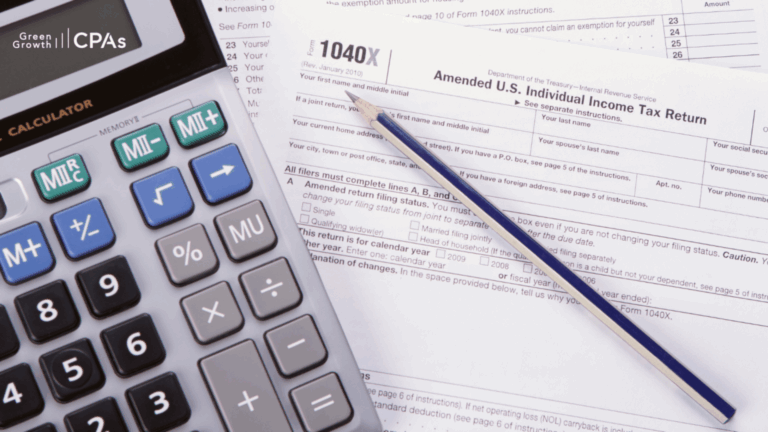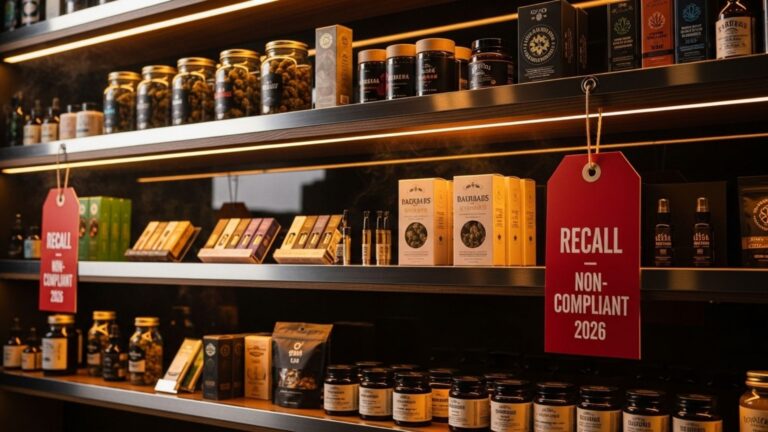In 2025, New York cannabis 280E rules still prevent operators from deducting ordinary business expenses, but you can minimize your tax burden by optimizing your entity structure, maximizing cost of goods sold (COGS) deductions, and maintaining rigorous financial compliance. Staying audit-ready and working with cannabis-savvy CPAs is essential to remain profitable and compliant.
What Is 280E and Why Does It Matter in New York?
280E is a section of the Internal Revenue Code that prohibits cannabis businesses—classified as trafficking controlled substances—from deducting ordinary business expenses like rent, marketing, or payroll.
In New York, where operating costs are already high, New York cannabis 280E compliance is critical. Even profitable dispensaries may find their tax bills consuming most of their earnings. Understanding how to legally navigate 280E is key to staying afloat.
How New York Cannabis 280E Affects Operators in 2025
With adult-use sales ramping up across the state, the financial pressure is on. Here’s how New York cannabis 280E rules will show up in your 2025 books:
- No deductions for selling, general, and administrative expenses (SG&A)
- Higher effective tax rates, often 60–80% of net income
- Limited relief, since cannabis is still federally illegal
New York’s Office of Cannabis Management (OCM) enforces state compliance, but the IRS is watching closely too.
Legal Strategies to Minimize Your New York Cannabis 280E Exposure
1. Choose the Right Entity Structure
Work with a cannabis CPA to evaluate:
- C-corporations vs. LLCs: C-corps may offer slightly more flexibility for reinvestment and fringe benefits
- Multi-entity models: Separate IP or real estate from plant-touching activities to legally reduce exposure
2. Maximize COGS Deductions
New York cannabis 280E regulations allow only direct COGS deductions. In 2025, operators should:
- Track inventory meticulously using METRC and POS integrations
- Allocate staff time, supplies, and equipment usage that directly contribute to production
- Separate allocable costs from non-deductible expenses in your chart of accounts
3. Keep Detailed, Audit-Ready Records
The IRS expects cannabis operators to be audit-ready at all times. That means:
- Consistent use of compliant accounting software
- Regular reconciliation between METRC, POS, and financial systems
- Documented procedures for inventory, payroll, and compliance protocols
4. Implement Cost Segregation and Time Studies
These advanced techniques can increase the amount of expenses classified under COGS:
- Cost segregation: Break down real estate costs to identify deductible production components
- Time tracking studies: Support COGS allocation for employee hours spent on production or handling
Common New York Cannabis 280E Mistakes (and How to Avoid Them)
- Blending production and retail: Keep distinct workflows and accounting for each
- Misclassifying expenses: Erring on deductions for admin/marketing can trigger audits
- Outdated chart of accounts: Use cannabis-specific templates to track what’s deductible
Key Takeaways
- New York cannabis 280E rules disallow most standard business deductions
- You can legally deduct COGS—but only if accurately tracked and supported
- Smart structuring, detailed accounting, and proactive planning reduce exposure
- IRS audits are real—compliance must be built into your systems, not patched on later
Don’t Let 280E Wipe Out Your Profits
If you’re operating or expanding in New York’s cannabis market, 280E isn’t just a tax issue—it’s a profitability issue. The right financial strategy can be the difference between thriving and barely surviving.
Need help navigating New York cannabis 280E compliance? Our cannabis accounting experts work with New York operators to design smart tax structures and keep your business audit-ready.
Written by GreenGrowth CPAs – your cannabis finance partner for smart tax strategy, multi-state compliance, and scale-ready accounting.




